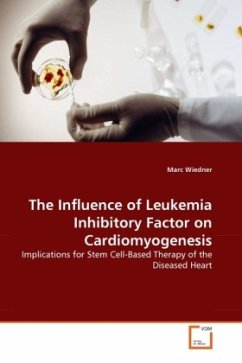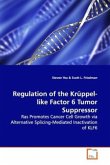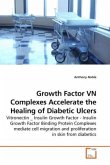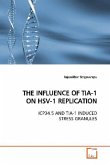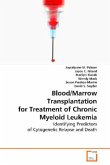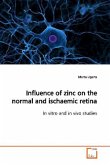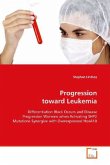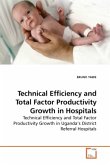Heart failure represents one of the leading causes of death in western civilization and is primarily the result of previous myocardial infarction. The fact that cardiac tissue is unable to regenerate after infarction led to the general belief that the heart of mammalian species is a terminally differentiated organ. Recently, however, evidence has emerged that the adult heart contains myocardial cells possessing stem cell-like properties, which may have the potential to repair damaged tissue. The identification of factors which could activate these quiescent cardiac stem cells and cause them to differentiate into functional cardiomyocytes would be an important step towards finding new therapies for the treatment of heart diseases. The experiments conducted in this study reveal that leukemia inhibitory factor (LIF) can be utilized as a factor to trigger expansion of cardiac stem cells and induce differentiation into functional heart cells in vitro, which may ultimately prove usefulfor cell therapy of the diseased heart.
Bitte wählen Sie Ihr Anliegen aus.
Rechnungen
Retourenschein anfordern
Bestellstatus
Storno

